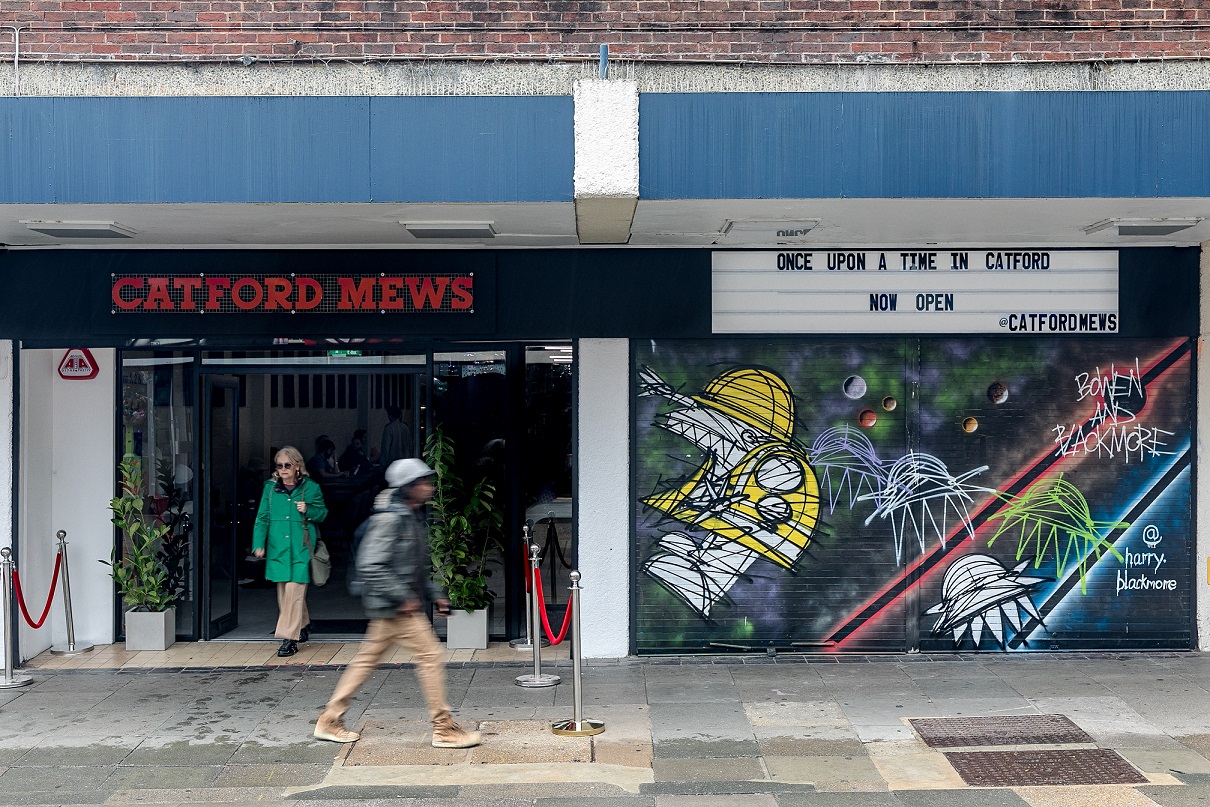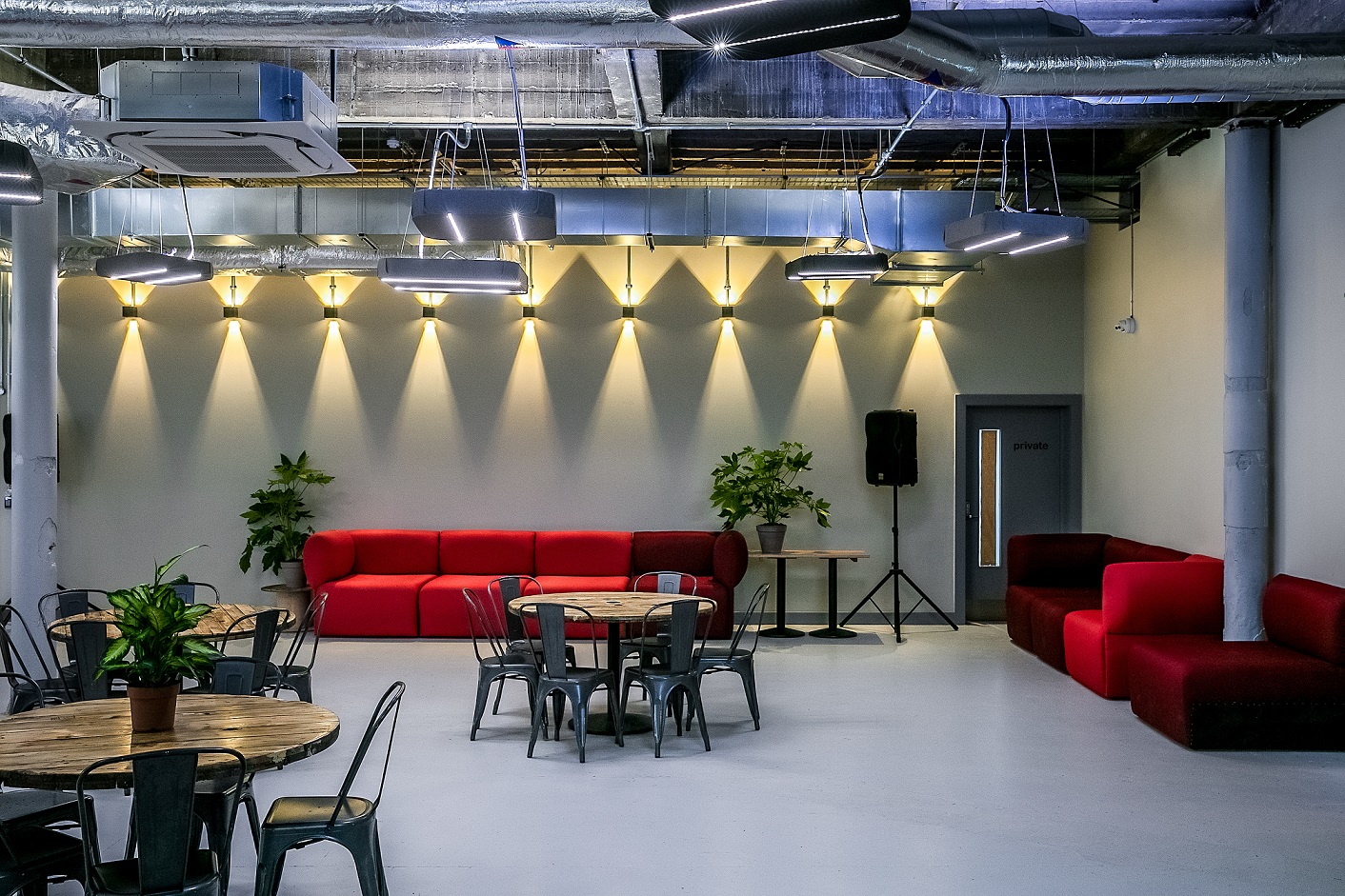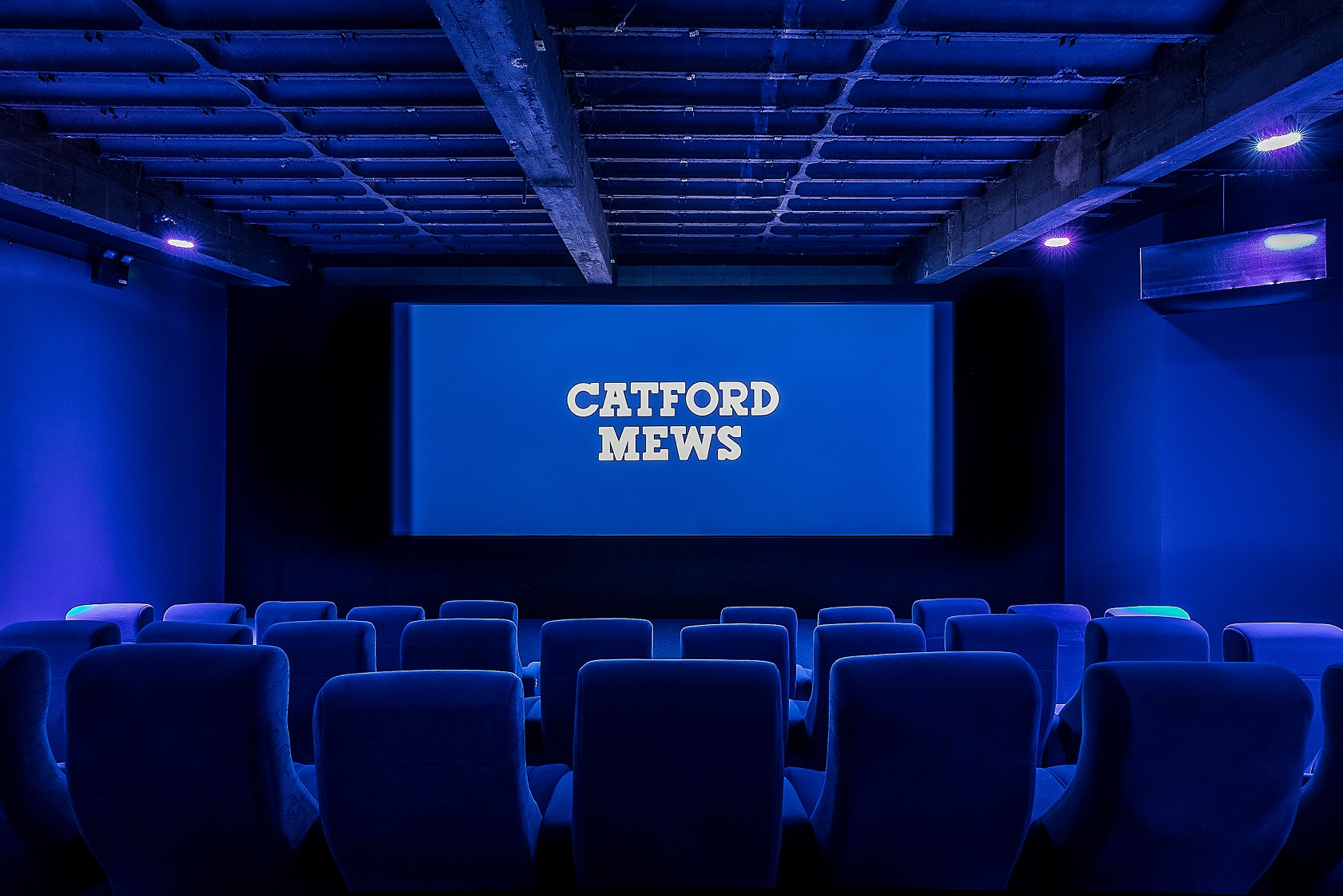
Catford Mews offers a community hub to Lewisham, using high levels of upcycled and locally sourced material in fit-out and working with local craftspeople
Q: What do you see as the root of the problems facing the British high street?
Preston Benson: For decades the high street has been changing, with the majority of developers and investors letting units to the highest bidder. These decisions are often taken far away from the communities which are affected by them and sadly with very little 'social conscience'. This approach has led to identikit high streets with dull, multinational retail outlets that clearly neglect localism, which we believe are the root of the majority of problems the high street faces. At Really Local Group, we aim to break this mould by thinking ‘outside the box’ and approach high street development differently by meeting local consumers’ expectations.
Q: Does the COVID-19 pandemic present local high streets with potential opportunities?
PB: The current pandemic has accelerated trends that were well underway pre-COVID; one could argue we are living in 2023 and that reaching this point was inevitable. As the dust settles, we should hopefully see the future of the high street transform to deliver true regeneration; with developers supporting independent businesses, as well as providing tailored retail experiences that are uniquely designed to embrace the culture of the location and relevance to the local demographic. While things may get worse to begin with as a result of the pandemic, eventually lower rents and rates will allow local entrepreneurs to occupy the remaining vacant retail space and flourish.
Increased localism is another consequence, with consumers being 'forced' to shop local due to travel restrictions, and many discovering and exploring local businesses on their doorstep for the first time. As restrictions ease, we believe people will recognise and support those establishments that truly have the interest of the community at heart, and those venues that have adapted to meet the needs of their consumers over the 'usual suspect’ chains who prioritise profit over all else.
Q: Does the pandemic change the potential solutions to low footfall compared with before?
PB: Yes, it will. Over the coming months, we're going to see retailers reducing capacity to ensure they meet their customers’ health and safety needs. However, with the two-metre rule becoming one in some settings in England, we can assume the situation will continue to improve and that customers will start to gain confidence by returning to their favourite culinary, entertainment and shopping hotspots – allowing for a steady footfall to return to the high street. But it won’t be easy and will take months for things to return to a pre-COVID normal.


Q: What aspects need to be taken into account when creating community hubs or venues?
PB: In order to create a successful community venue, localism must be at its core. The venue needs to reflect the needs and aspirations of the local area as well as offer affordable and inclusive services.
The success of our Catford Mews venue in the borough of Lewisham, London, can be attributed to the fact it helped kick start the regeneration of the Catford Centre – 'putting the heart back into the high street' by delivering much-needed cultural infrastructure with genuine consultation with the local community.
Q: How does Really Local Group work with the communities where it operates?
PB: We recruit direct from the communities we are serving and are proud to be a London Living Wage employer. Each of our venues is uniquely designed to help improve the economic and social wellbeing of locals – we engage with local food vendors, craftsmen, arts clubs and community groups to facilitate their activities by providing them with a much needed 'home'.
In addition, our Catford Mews venue has become an unofficial, but vital workplace for many self-employed people. This has been a very difficult time for all kinds of businesses, and in response to this, we want to keep the spirt of entrepreneurship alive in the community, which means supporting businesses by providing an affordable low cost space for them to operate from in the coming months.
Q: Does the organisation record environmental and social benefits of its hubs?
PB: All our venues aim to achieve maximum efficiency and sustainability by working with local craftsmen and designers to deliver the venue as quickly and cost effectively as possible, without compromising on quality and ensuring the locality is reflected. For example, during construction and fit-out of Catford Mews, we upcycled and made use of materials already at the venue, including the cinema seats which were reconditioned from a former cinema. The majority of stock items have been sourced locally not only to support small local businesses, but also to reduce carbon footprint. No single use plastic is used and the site recycles its waste.
In time, we intend to measure the social value benefits that each of our venues bring with an annual Really Local Group social value report.
Related competencies include: Planning and development management, Property management
